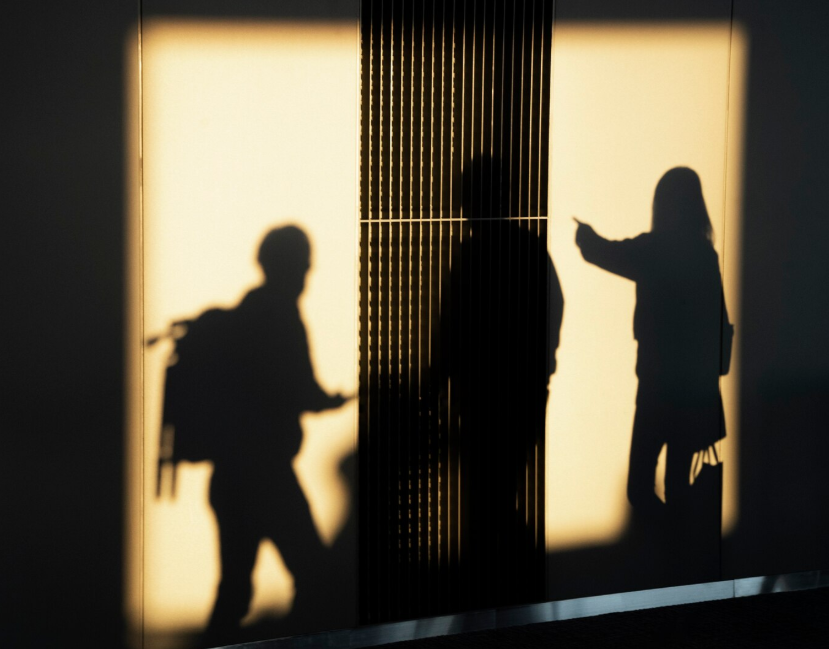Renewed Violence Deepens Security Concerns in North-Central Nigeria
At least 27 people have been confirmed dead following a violent raid by unknown gunmen in Jebu-Rahoss, a community in Riyom Local Government Area (LGA) of Plateau State. The late-night attack, which occurred over the weekend, has once again cast a dark shadow over the fragile security landscape in north-central Nigeria.
According to local residents and community leaders, the attackers stormed the village with sophisticated weapons, shooting indiscriminately and setting homes ablaze. Many victims were reported to be farmers and women, with dozens more injured or displaced.
A Community in Mourning
Survivors of the attack described the scene as chaotic and devastating. Families are now counting their losses and burying loved ones, as tension remains high across surrounding villages in Riyom and neighboring LGAs.
“We were asleep when we heard gunshots. By the time we ran out, several houses were on fire and people were lying dead. It was a nightmare,” said Gyang Dung, a resident and youth leader in Jebu-Rahoss.
Local churches and mosques have turned into makeshift shelters, while emergency responders continue to search for survivors in the area.
A Pattern of Escalating Violence
This latest attack adds to the growing number of deadly incidents in Plateau State, a region that has long struggled with a mix of ethno-religious tensions, land disputes, and armed banditry.
According to data from the Nigeria Security Tracker, over 200 people have been killed in Plateau State in similar raids since the beginning of 2025.
Despite ongoing military operations and curfews, security breaches remain frequent, raising questions about the effectiveness of the current response framework.
“The tragedy in Jebu-Rahoss is part of a broader failure to secure rural communities across the Middle Belt,” said Dr. Fatima Luka, a conflict analyst at the University of Jos. “These attacks are not random, they are systematic and deeply rooted in unresolved grievances.”
Government and Security Response
In the aftermath of the attack, Plateau State Governor Caleb Mutfwang condemned the violence and called for immediate deployment of additional security personnel to the affected area. The Nigerian Army and Police Command in the state have launched a joint investigation and patrols to prevent reprisal attacks.
Meanwhile, President Bola Tinubu’s administration, which recently promised a more “intelligence-led” approach to tackling insecurity, faces increasing pressure to reform Nigeria’s overstretched security architecture.
“Every Nigerian life is sacred. These killings must stop,” said Hon. Solomon Maren, a member of the House of Representatives from Plateau. “We demand justice for the victims of Jebu-Rahoss.”
The Broader Impact
Beyond the immediate human loss, such attacks have long-term implications:
-
Displacement of farming communities, exacerbating food insecurity
-
Erosion of trust in security forces and government institutions
-
Trauma and mental health crises, especially among women and children
-
Disruption of inter-communal relations and economic activity in the region
Humanitarian agencies warn that without urgent action, the cycle of violence could deepen, destabilizing other parts of north-central Nigeria.
Conclusion: A Call for National Attention
The Jebu-Rahoss massacre is not an isolated tragedy, it is part of a disturbing pattern of insecurity plaguing Nigeria’s rural heartlands. As families bury their loved ones and communities live in fear, the need for a coordinated national strategy combining security, justice, and dialogue—has never been more urgent.
The victims of this senseless violence deserve not only remembrance but real action to prevent such horrors from becoming the norm.
Published on Xamblog.com – Giving voice to Nigeria’s most pressing realities.
Last Updated on July 16, 2025 by kingstar





